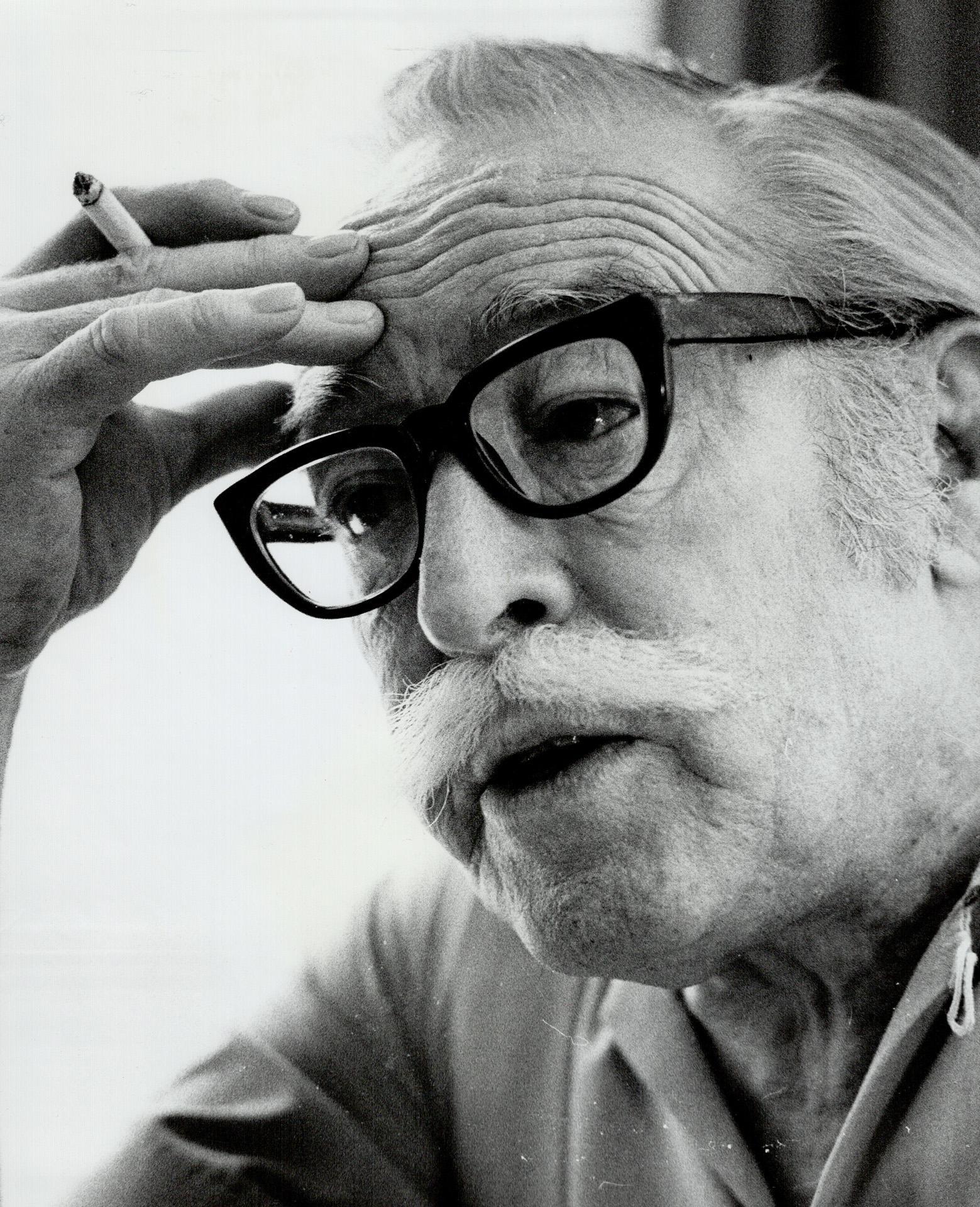Dalton Trumbo Defies HUAC
Dalton Trumbo was already an established screenwriter when he faced the House Un-American Activities Committee (HUAC) in 1947 as part of the Hollywood Ten. Known for his leftist politics and membership in the Communist Party, Trumbo invoked the First Amendment and refused to disclose his political affiliations, resulting in a conviction for contempt of Congress, a prison sentence of nearly a year, and blacklisting within Hollywood.
Success Under a Pseudonym
Despite being blacklisted, Trumbo continued to write under pseudonyms, achieving remarkable success. He won two Academy Awards while blacklisted: one for Roman Holiday (1953), attributed to Ian McLellan Hunter, and another for The Brave One (1956) under the pseudonym Robert Rich. His ability to continue his craft under such conditions underscored both his resilience and the absurdity of the blacklist.
Breaking the Blacklist
The blacklist also placed immense strain on Trumbo's personal life, causing financial hardships and social stigma. Yet, he became a symbol of resistance, with his home turning into a hub for other blacklisted artists. His fight against the blacklist gained significant momentum in the late 1950s and early 1960s, helped by prominent figures like actor Kirk Douglas and director Otto Preminger, who publicly credited him for his work on major films such as Spartacus (1960) and Exodus (1960). These acts were crucial in diminishing the blacklist's influence over Hollywood. After the blacklist was breached, Trumbo’s career saw a resurgence. He penned several more acclaimed films, and his previously uncredited works were finally acknowledged under his name. His persistence not only reclaimed his career but also cleared the path for other blacklisted artists to return to the industry.
Trumbo’s Legacy
Trumbo’s legacy is not just his extensive filmography but also his staunch opposition to political persecution. His continued success under a pseudonym challenged Hollywood's compliance with the blacklist and spurred reconsideration of the era's lost talents. Today, Dalton Trumbo stands as a celebrated figure in American cinema, emblematic of artistic freedom and the human spirit's resilience against oppressive regimes.
